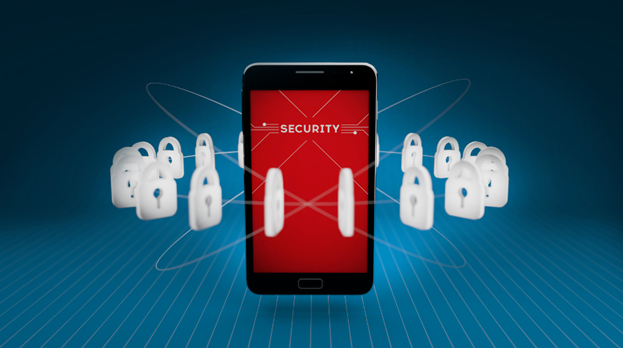
In an era where phones have evolved from simple communication devices to sophisticated handheld supercomputers, the stakes for securing our personal information have never been higher. Our phones, akin to portable command centers, manage everything from financial transactions to professional communications and multimedia editing. With increased capabilities, however, comes a heightened vulnerability to cyber threats that could lead to serious repercussions such as identity theft and drained bank accounts. Despite the evident risks, many users fail to acknowledge the potential security threats posed by their phones, making them easy targets for cybercriminals.
To shed light on the severity of the issue, a recent study by MIT, shared by Apple, exposed a staggering 2.6 billion personal records breached in 2021 and 2022, with expectations of a continued surge in 2023. Kaspersky Security Network reported a daunting 8,346,169 blocked mobile malware, adware, and riskware attacks in Q3 of 2023 alone. For business owners, the risks extend further, underscoring the importance of implementing robust mobile policies to protect sensitive work documents and accounts from potential breaches.
Addressing this growing concern, both Apple and Android have introduced advanced security features to fortify your device against evolving cyber threats. Let’s explore the cutting-edge security measures provided by these tech giants:
Apple’s Advanced Data Protection (ADP):
End-to-end encryption has long been the default for Apple iMessage, iCloud Keychain, and Health data. In a recent update, Apple introduced Advanced Data Protection (ADP) as an optional setting, elevating cloud data security to new heights. ADP encrypts messages in iCloud, iCloud Backup, Notes, Photos, Safari bookmarks, Siri Shortcuts, and more.
To activate Apple’s Advanced Data Protection Setting:
NOTE: If you don’t have a recovery contact or key set up, you’ll be prompted to do that first.
Notably, even Apple cannot access your data once this feature is enabled, providing an additional layer of security against cloud-based breaches.

While Apple is renowned for its robust security, Android is not far behind. Google Play Protect, a feature that analyzes every app before it’s available for download, ensures that any apps posing security risks are inaccessible. Daily scans are conducted to identify and disable malware and harmful applications on your phone.
Android backups are also regularly uploaded to Google servers and encrypted with your Google Account password for added security.
Android backups are also regularly uploaded to Google servers and encrypted with your Google Account password for added security.
To keep your data secure on Android:
Be aware that Google One backups may take up to 24 hours to complete.
Holistic Device Protection
While these features significantly enhance phone security, they aren’t exhaustive. For a thorough evaluation of your device security, we recommend initiating with an introductory 10-minute phone call. During this call, our senior advisors will gather essential information to tailor the subsequent Cybersecurity Risk Assessment specifically to your needs. This no-obligation assessment involves our experts meticulously examining your network, identifying vulnerabilities, and addressing concerns related to your mobile device policy.
To kickstart this process, schedule your introductory call by calling 505-792-2375 or visiting our LDDconsulting.com/cyber-security-albuquerque and submitting the form. Following this initial discussion, we’ll guide you through the steps to ensure a comprehensive understanding of your unique security requirements.